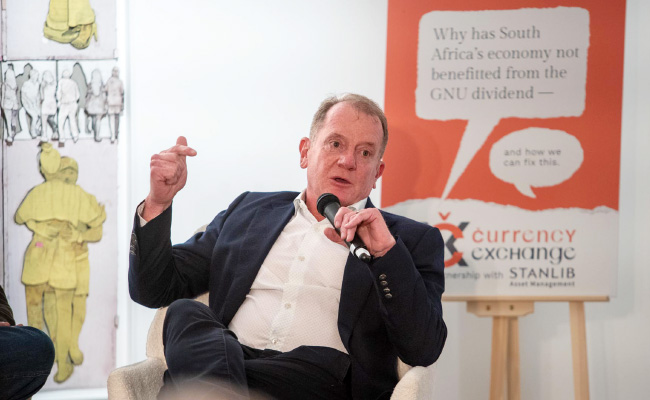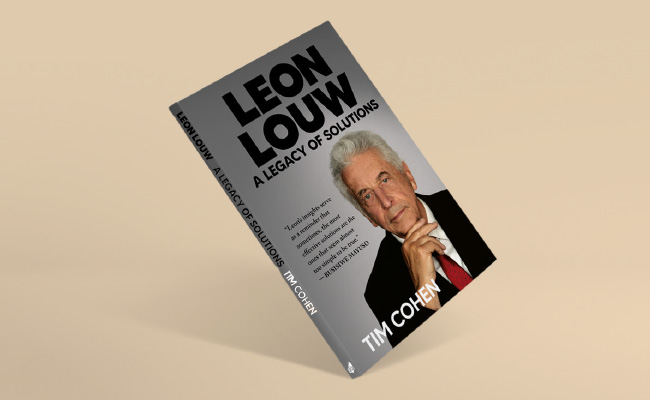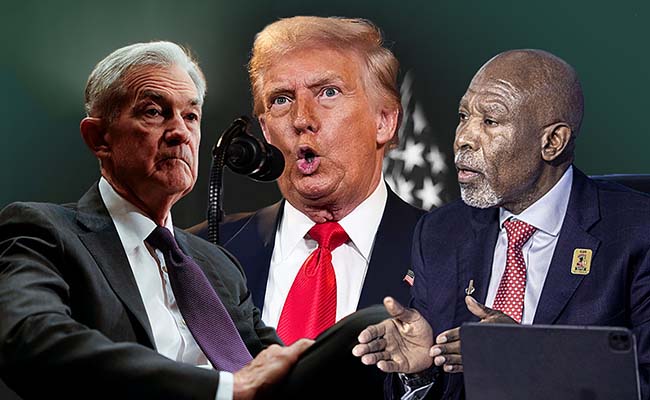
This article was originally published on 24 October 2025.
A bold plan to launch broadband in poorer townships has been throttled by needless red tape, says Jannie Durand, CEO of investment behemoth Remgro, chaired by Johann Rupert.
Speaking at a Currency event in Cape Town last week, Durand provided a tangible example of how, despite the promise of the new coalition government, government agencies like the Competition Commission still haven’t got the memo. The commission took five years to approve an R11bn deal in which Vodacom would buy 30% of Remgro’s fibre arm Maziv, which owns Vumatel and Dark Fibre Africa, harming poorer South Africans who would have benefited
“It was so frustrating,” he said. “We would have probably invested between R10bn and R15bn [on] fibre to the townships, to get people onto the internet – what we call democratising the internet – to make it affordable for people. For R100 a month, you could get full broadband, and that was the product we wanted to roll out – but we were stopped,” he said.
More than just the length of time, the process was characterised by regulatory U-turns and uncertainty: the Competition Appeal Court first ruled against the takeover, though this was set aside by the Competition Tribunal in August. Even now, he said, “we are still waiting for Icasa [the Independent Communications Authority of South Africa] to give us approval – it’s unbelievable.”
Durand said the consequence of this sort of blockage is to make South Africa less competitive, while stifling entrepreneurship
“Why are America and some other countries so successful? It’s because they’ve got entrepreneurs who have the ability to start businesses without the red tape that can close down businesses if they don’t work. They can employ people, but if it doesn’t work out, they can also get rid of people without having all of those shackles around them,” he said.
It’s a critical point, he says, because regulations are often designed to oversee large businesses, but this red tape ends up choking small businesses – the very part of the economy with the best chance of creating jobs and breathing life into the economy. “Big companies don’t create jobs. It’s the entrepreneurs who do. It’s the people in the townships and in rural areas, creating bed and breakfasts and tourism businesses – they’re going to drive the country forward,” he said.
Ndivhuho Netshitenzhe, a senior economist at Stanlib, described this as a major chokehold on the economy, and one preventing the country from realising many of its economic goals, including an economic growth rate in excess of 3%.
“The amount of regulation governing business is the highest in the world in South Africa,” she said at the event. “We have more regulation than China does, and that’s saying something, since China is a communist country and built on regulating everything.”
Netshitenzhe said that while President Cyril Ramaphosa has promised repeatedly to cut this red tape, it is clear that many other departments which govern business – such as the Companies and Intellectual Property Commission, the South African Revenue Service and the department of trade and industry – haven’t got the memo.
She said that while BEE has been cited by its critics as a major hindrance to the economy, government regulations are far more damaging. And the consequence is that the country’s economy has slipped, able to achieve GDP growth of 0.7% a year over the past decade, far behind the population growth of more than 2% per year.
“Last year, the economy grew at 0.5%. So with unemployment above 33%, you can say the economy hasn’t benefited from the results of the elections. This year, we expect it to grow at around 1%, which is higher than we forecast earlier this year,” she said.
According to Durand, this illustrates how South Africans are getting poorer, with GDP per capita having fallen by about a quarter, from $8,646 per person in 2011 to $6,253 last year, according to World Bank data. He said this is reflected in medical numbers from Mediclinic – a company 50% owned by Remgro.
“The only medical aid that is growing is the government medical aid. But the individual on the street is buying down: cheaper products, lower products or actually leaving medical aids. And that’s a very good economic indicator,” he said.
A little less conversation, a little more action
Durand said next year’s local government elections will hopefully provide a “wake-up call” for politicians about the extent of the economic damage done, and ensure they realise the imperative to remove blockages for the private sector, which would fuel greater confidence to invest.
As it is, the Reserve Bank last month said that non-financial companies hold an unprecedented R1.8-trillion in cash deposits, which they aren’t investing – a clear sign of reluctance to put their money into the local economy. “Since mid-2022, deposit growth has outpaced GDP growth, a sign that businesses are still keeping extra cash as a safety measure amid heightened uncertainty and limited investment opportunities in the low-growth environment. From late 2023, the gap between deposits and investment [has] widened,” it said.
Netshitenzhe said these companies are “just not willing to invest their money” until they’ve seen evidence that Ramaphosa’s economic reforms have taken root. “What they want to see are proof points – it’s not enough to just talk about those things.”
She said that Ramaphosa’s 10-point economic rescue plan – unveiled this month – will not in itself change South Africa’s trajectory, since it represents no compelling new ideas.
“There’s nothing new there, it’s just this desperation to look like you’re doing something. Instead, they should focus on what they already have, what they’ve done, and communicate that more effectively,” she said. “We don’t need any more plans, we have enough plans. We just need to implement the ones we have.”
Currency Exchange, with Stanlib Asset Management
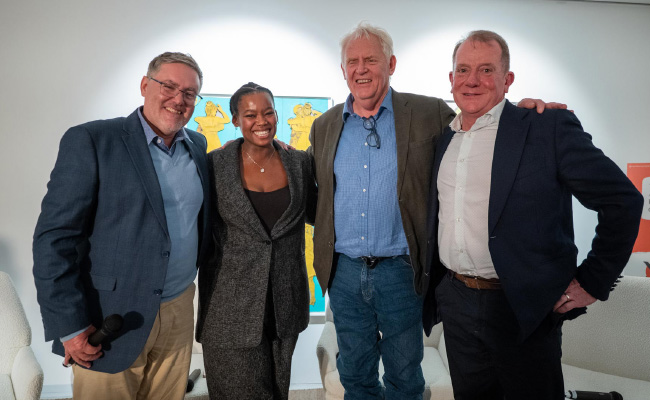
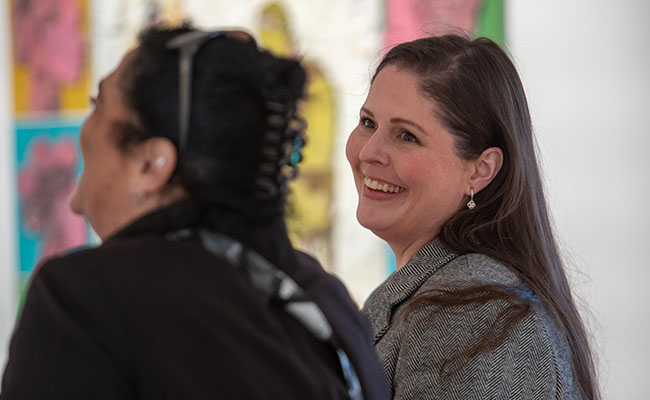

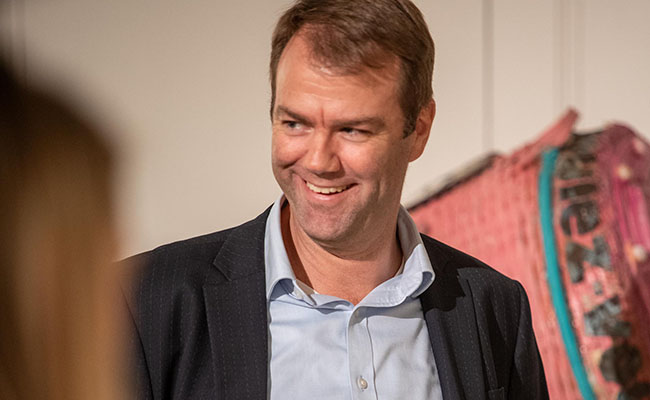

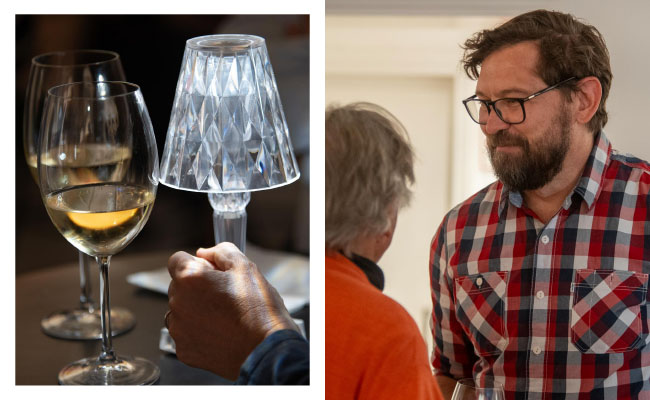

Top image: Remgro CEO Jannie Durand.
Sign up to Currency’s weekly newsletters to receive your own bulletin of weekday news and weekend treats. Register here.



